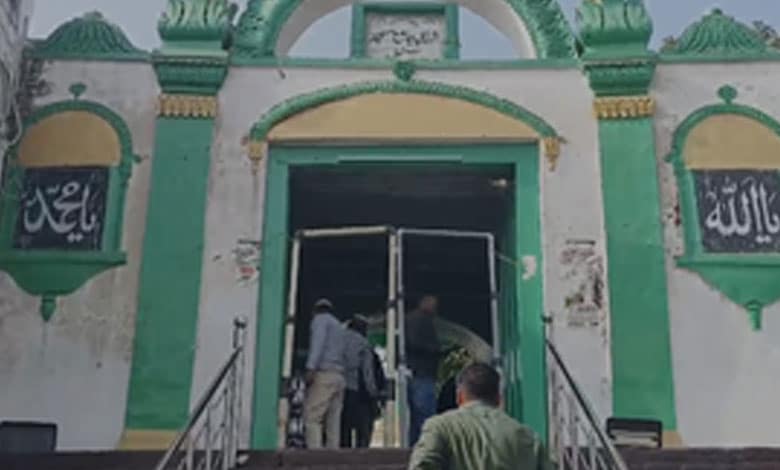Sambhal Mosque Survey Put on Hold: What’s Next for the Controversial Case?
The controversy began when, on November 19, the civil judge of Sambhal ordered an ex-parte survey of the mosque after a Hindu petition claimed that the mosque was built by Mughal emperor Babur in 1526 after demolishing a temple.

New Delhi: On Friday, November 29, the Supreme Court intervened in the ongoing dispute regarding the Mughal-era Shahi Jama Masjid in Sambhal, directing the local trial court to temporarily halt proceedings on the mosque’s survey while urging the Uttar Pradesh government to ensure peace and harmony in the violence-affected town.
The controversy began when, on November 19, the civil judge of Sambhal ordered an ex-parte survey of the mosque after a Hindu petition claimed that the mosque was built by Mughal emperor Babur in 1526 after demolishing a temple. The court had appointed an advocate commissioner to conduct the survey.
Violence erupted in Sambhal on November 24, following the court’s order, leading to clashes between protesters and security forces, resulting in four deaths and several injuries.
Also Read: Places of Worship Act Under Threat? AIMPLB Sounds Alarm Over Ajmer Dargah Claims
The Supreme Court bench, comprising Chief Justice Sanjiv Khanna and Justice Sanjay Kumar, emphasized the need to preserve peace in the area. The Court ordered that the survey report prepared by the court commissioner be sealed and not disclosed until further instructions.
Additionally, the Court directed that the petition filed by the Shahi Jama Masjid Committee, challenging the trial court’s survey order, be heard by the Allahabad High Court within three working days.
“We feel the petitioner (mosque committee) must challenge the November 19 order in an appropriate forum. In the meantime, peace must be upheld,” said the Chief Justice, noting the assurance of the Additional Solicitor General (KM Natraj) on behalf of the state government.
The Court further clarified that the trial court proceedings, scheduled for January 8, 2025, should not continue until the matter is addressed by the High Court. It stressed that no opinion on the merits of the case had been expressed.
Earlier, the Sambhal court had directed the appointed commissioner, Rakesh Singh Raghav, to submit the survey report within 10 days. Senior advocate Huzefa Ahmadi, representing the mosque committee, argued that the trial court’s order could lead to significant unrest and urged the Supreme Court to intervene.
However, the bench advised the committee to approach the Allahabad High Court under Article 227 of the Constitution, which grants supervisory authority over lower courts. The CJI also emphasized the importance of maintaining communal harmony, stating, “We have to ensure nothing wrong is done.”
The state administration was instructed to form a peace committee with representatives from both communities to ensure stability in the region. The ASG assured the bench that the state was committed to keeping peace in the area.
The Shahi Jama Masjid management had approached the Supreme Court on November 28, seeking a stay on the November 19 order and challenging the district court’s directive for the mosque’s survey.
Tensions in Sambhal escalated after the survey order, with claims that a Harihar temple once stood at the site of the mosque. The situation turned violent when protests near the mosque led to clashes with security forces, resulting in fatalities and injuries.
